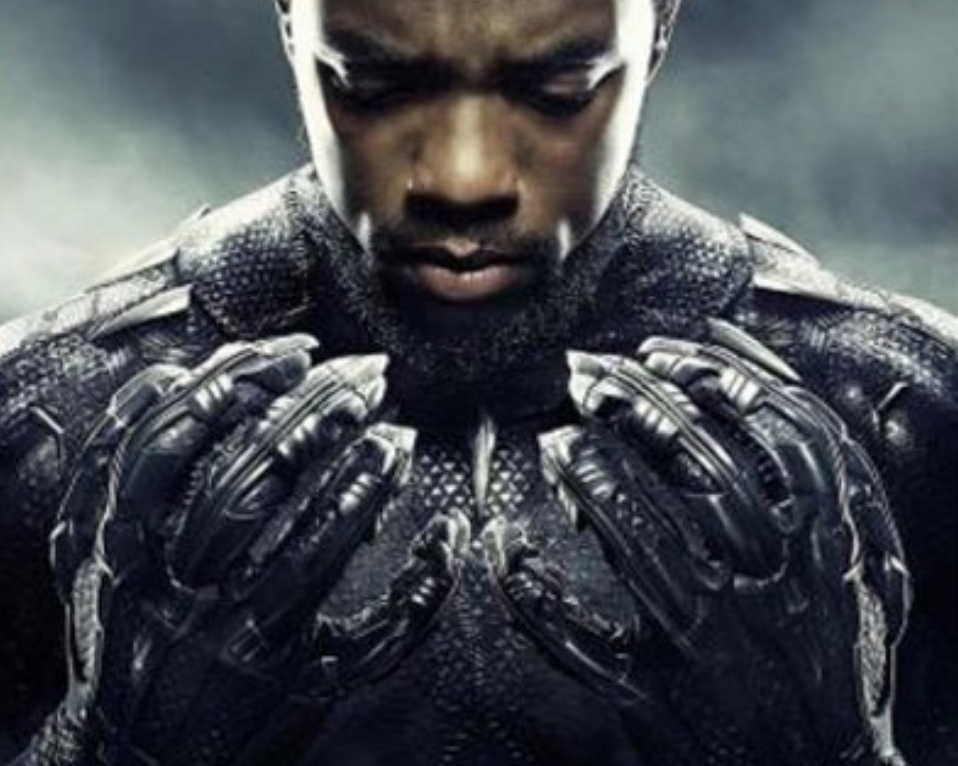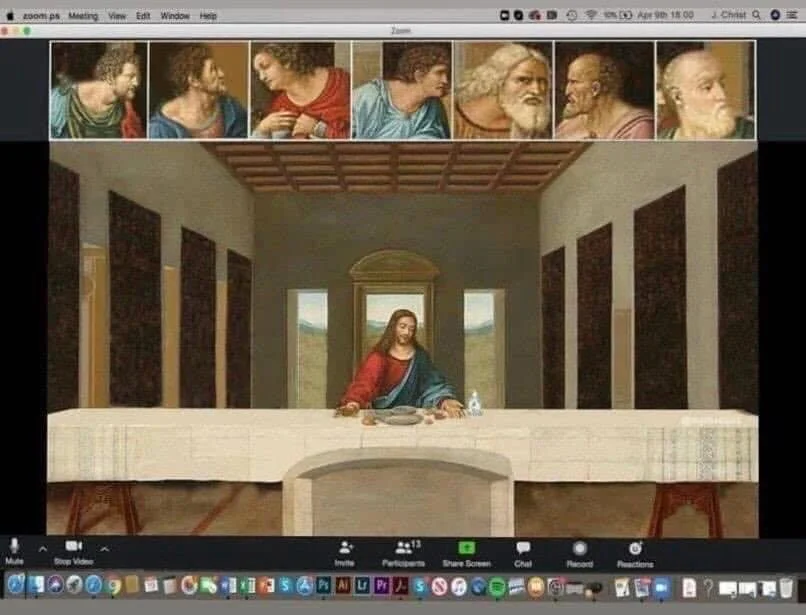Conservative patriarch Edmund Burke died in 1797 in Beaconsfield, England.
This didn't prevent columnist Peggy Noonan of the Wall Street Journal, a Catholic conservative, from making Burke her write-in choice in the 2020 White House race. She wasn't the only voter who felt politically homeless, due to religious and moral convictions that clashed with the political and personal choices of President Donald Trump and, the odds are overwhelming, president-elect Joe Biden.
Once again, there was no way to ignore issues linked to faith, morality and, yes, character. This was especially true with Catholic voters who frequent church pews.
Considering Trump, Noonan stressed the coronavirus crisis, where the president finally "met a problem he couldn't talk his way out of. I believe that's what happened: He played down the pandemic, lied, made uninformed claims at briefings that serious people were struggling to keep useful. He produced chaos. The country can't afford any of that in a crisis that is sudden and severe."
What about the Democrat, a lifelong Catholic? Noonan predicted Biden would be a "hapless and reluctant conductor" on a "runaway train," especially on moral and cultural issues.
"The progressive left," she argued, "endorses and pushes for the identity politics that is killing us, an abortion regime way beyond anything that could be called reasonable or civilized and on which it will make no compromise; it opposes charter schools and other forms of public school liberation; it sees the police as the enemy, it demonstrates no distinct fidelity to freedom of speech and, most recently, its declared hopes range from court packing to doing away with the Electoral College and adding states to the union.”
The bottom line: The political realities of 2020 left many Catholics and other active religious believers torn between political options that no longer seemed acceptable.
It was easy to read between the lines in key passages of a new cover letter the U.S. Catholic bishops added to their "Forming Consciences for Faithful Citizenship" document (.pdf here).
"The threat of abortion remains our preeminent priority because it directly attacks life itself, because it takes place within the sanctuary of the family, and because of the number of lives destroyed," the letter stated. "At the same time, we cannot dismiss or ignore other serious threats to human life and dignity such as racism, the environmental crisis, poverty and the death penalty. …










